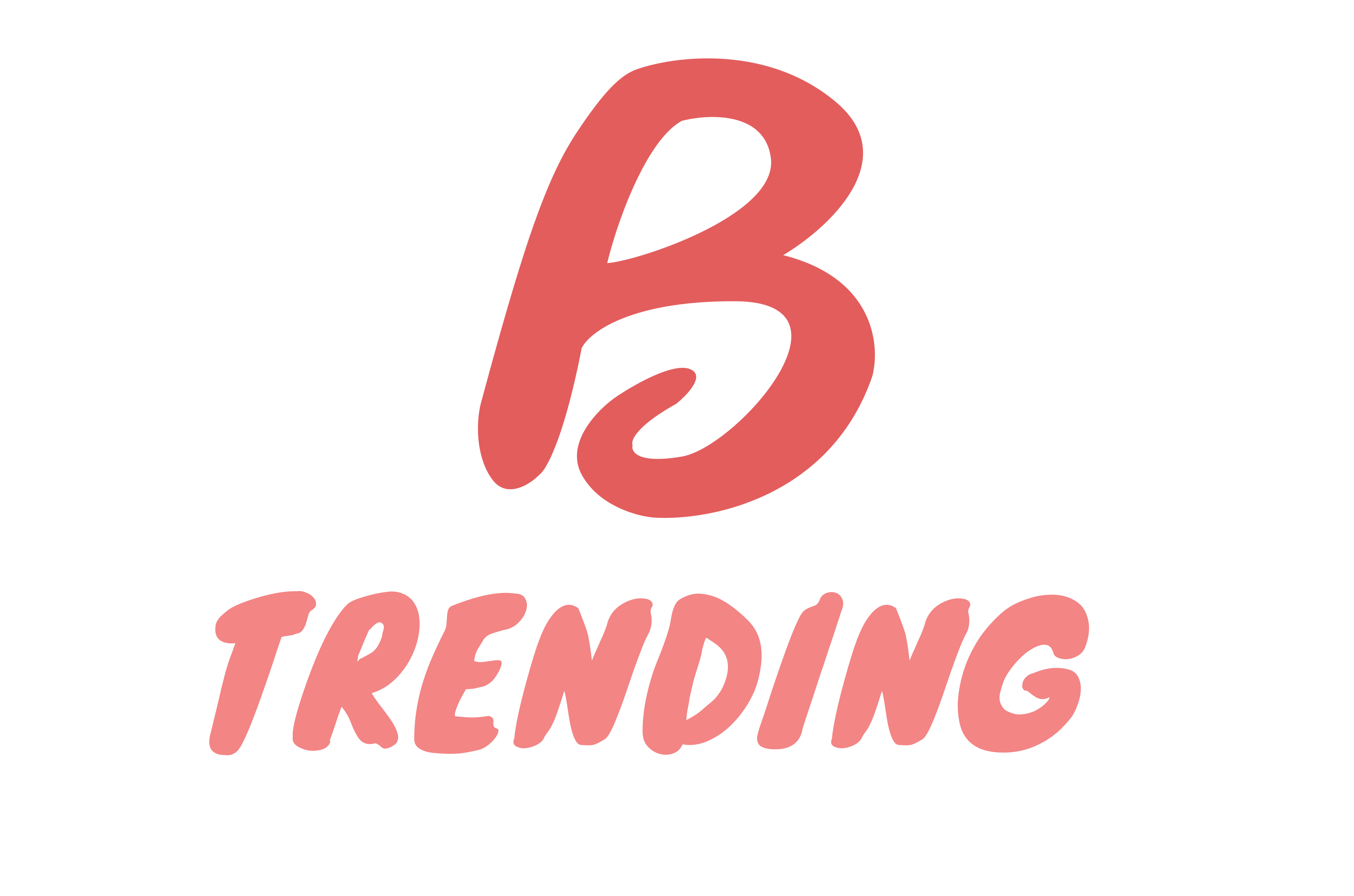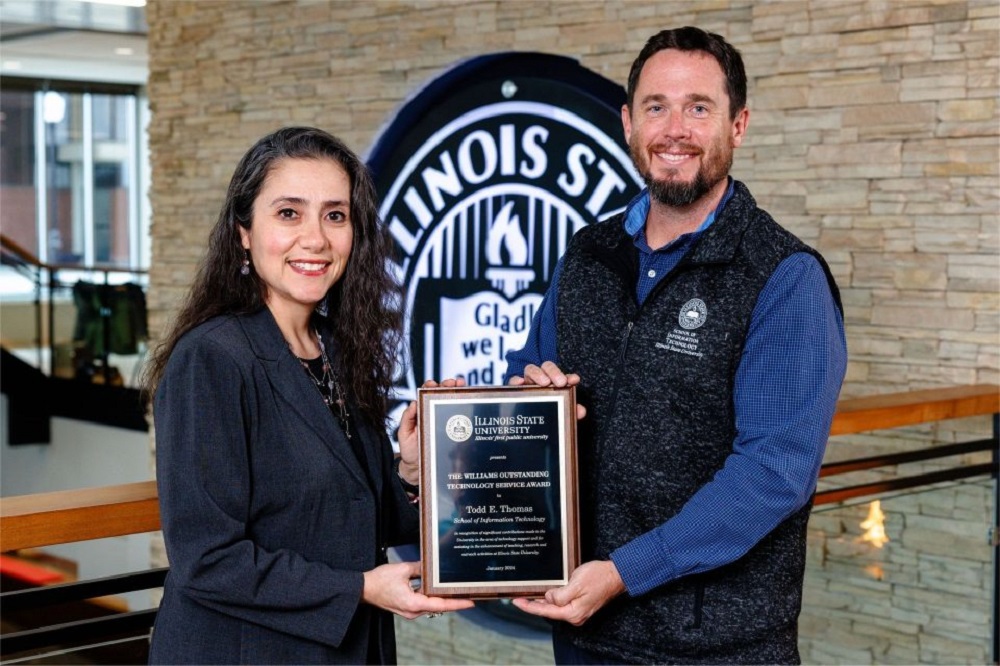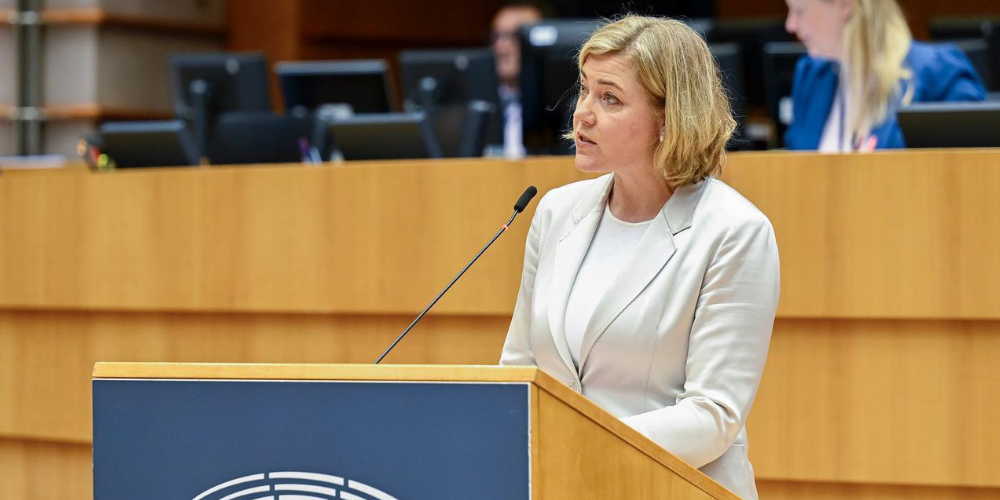Social media addiction has become a pervasive issue in America, with millions of individuals spending excessive time and energy on platforms such as Facebook, Instagram, Twitter, and Snapchat.
While social media offers numerous benefits in terms of connecting people and sharing information, its addictive nature has led to negative consequences on individuals' mental health, relationships, productivity, and overall well-being. Today, we will delve into social media addiction in America, exploring its causes, impacts, and potential solutions.

Getty/ iStock | U.S. teens spend more than eight hours a day on screens
The Rise of Social Media Addiction
The advent of smartphones and widespread internet access has fueled the rise of social media addiction. With just a few taps on a screen, individuals can access constant information, validation, and social interactions.
The addictive nature of social media is attributed to its design, which incorporates features such as infinite scrolling, push notifications, and the use of variable rewards (e.g., likes, comments, and shares) that trigger the brain's reward system. These factors make social media usage highly stimulating and habit-forming.
Psychological and Emotional Impact
Social media addiction can have severe psychological and emotional consequences. Excessive usage of social media platforms can lead to feelings of anxiety, depression, loneliness, and low self-esteem.
Constant exposure to carefully curated and filtered posts from others may create unrealistic expectations and trigger feelings of inadequacy or FOMO (fear of missing out). The constant need for validation through likes and comments can lead to a reliance on external validation, eroding one's self-worth and confidence.
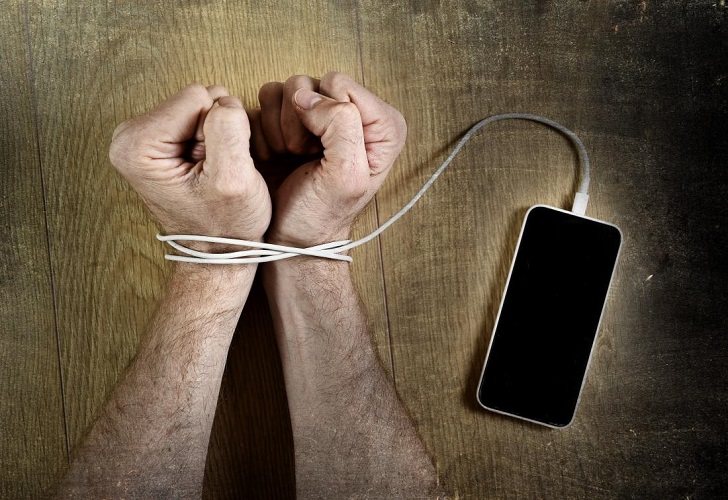
Tim Newman/ MNT | Don't let the virtual world consume your reality
Impaired Interpersonal Relationships
Social media addiction can strain interpersonal relationships. Excessive screen time can lead to neglecting face-to-face interactions, reducing the quality and depth of real-life connections.
Individuals may become more focused on capturing and sharing moments online rather than fully engaging in the present moment with loved ones. Furthermore, social media's constant comparison and envy can breed resentment and dissatisfaction within relationships.
The Decline in Mental Health
Research has indicated a correlation between social media addiction and declining mental health. Studies have shown a higher prevalence of anxiety, depression, and sleep disorders among individuals who spend excessive time on social media platforms.
The constant exposure to carefully curated representations of others' lives can foster negative self-comparisons and exacerbate feelings of inadequacy or self-doubt. Additionally, cyberbullying and online harassment, prevalent on social media, can significantly impact the mental well-being of individuals.
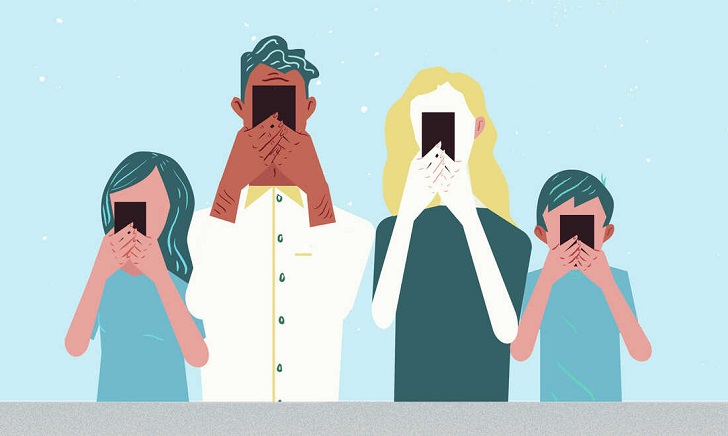
LA Johnson/ NPR | The irony of social media is that it connects us digitally while disconnecting us emotionally
Negative Impact on Productivity
Social media addiction can greatly impede productivity in various areas of life, including work, education, and personal goals.
Constantly checking notifications, scrolling through feeds, and engaging in online discussions detract from valuable time that could be spent on meaningful tasks. Procrastination induced by social media can lead to missed deadlines, decreased work or academic performance, and reduced overall effectiveness.
